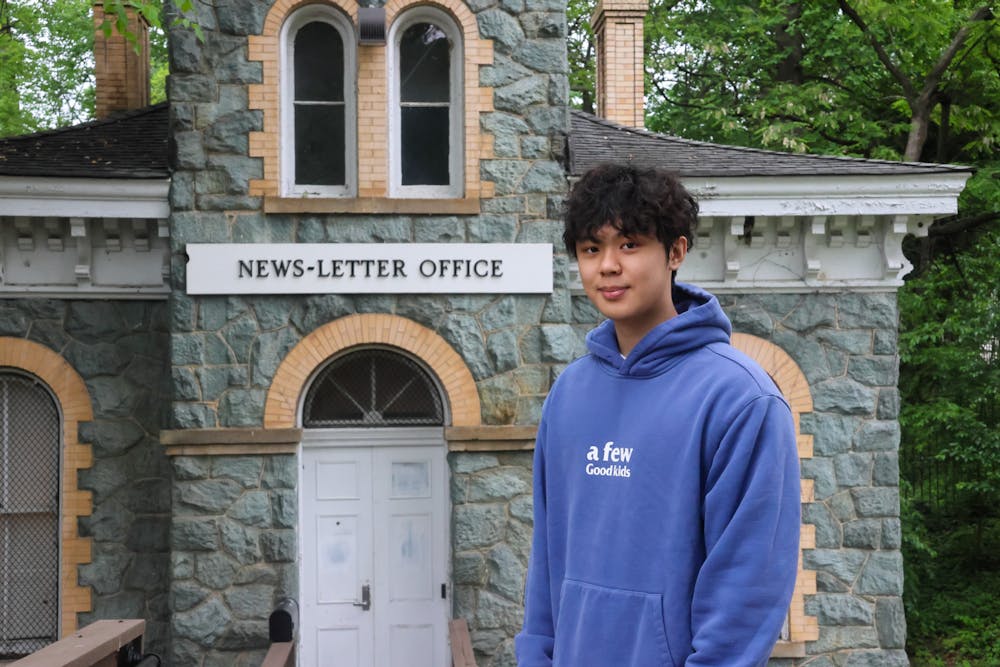In 2017’s Winter Convocation Address, President Ronald J. Daniels stated:
“At America's first research university, we believe that the steady advancement of knowledge and truth is essential for a healthy society. Undergirding this belief is our commitment to free expression — here an imperfect shorthand for several related topics, from academic freedom in the university to open civic discourse.”
So what does this actually look like in The Johns Hopkins News-Letter?
I argue that The Johns Hopkins News-Letter functions not only as a record of campus activities, a place to play Hopkins-themed crosswords or share a nervous breakdown experience from finals week; it is also one of the few avenues through which Hopkins speaks to and about its community. Asking what makes a good newspaper inevitably raises larger questions about what makes for a thriving public conversation — a “marketplace of ideas.” This is because each article helps determine what issues rise to prominence, whose voices are heard and how students think about both the institution and the broader world.
The News-Letter should represent the very best of the values that make Hopkins one of the world’s greatest universities: intellectuality, honesty and a belief in the transformational power of knowledge. Just as the University produces new scholarship that contributes to the intellectual environment, publication must meet the very same standards. The Johns Hopkins News-Letter carries responsibility not only to its readership but also to the entire institution and its reputation.
However, freedom of speech is a tricky matter. Too much regulation and you get a piece that’s timid, afraid of offending anyone. Too little and you risk of spreading misinformation, personal attacks, and distrust. The real challenge is in finding that balance — protecting the free exchange of ideas while also making sure the community isn’t harmed in the process.
So how do you do that? Though no system can promise perfect outcomes, various foundational values can help guide us to fairness and responsibility.
Trust. Readers must believe that what they read is accurate, ethically reported and free from distortion. This trust is built slowly — through careful sourcing, transparent corrections and headlines that withstand scrutiny. It takes years to build and only seconds to lose — and once lost, it’s nearly impossible to regain.
Clarity. Information should be accessible and intelligible. Good reporting respects the reader’s intelligence by avoiding simplifications or clichés, while still pressing on uncomfortable or complex questions that matter. Language that obscures meaning has no place in the pursuit of truth or free expression.
Value. A student paper must give more than it takes of a reader’s time. That means posing thoughtful questions, sparking discussions and offering new perspectives. Whether reporting on campus policy changes or interpreting national politics through student life, The News-Letter should always contribute to building a scholarly community that is “strong, bright, useful and true.”
In a time when students’ attentions are constantly pulled in a dozen directions, The Johns Hopkins News-Letter faces a rare challenge: to become a publication that students trust, one that clarifies rather than clouds, and one that meaningfully enriches the University’s intellectual life. To meet this challenge, I argue that it must return to a simple reminder: Knowledge and truth are not luxuries; they survive only if society works to preserve them.
Thank you for reading. The Public Editor would love to hear from readers like you about all things related to The News-Letter and its coverage and practices. If you would like to get in contact with the Public Editor about something raised in this column or anything else, email him at publiceditor@jhunewsletter.com.





